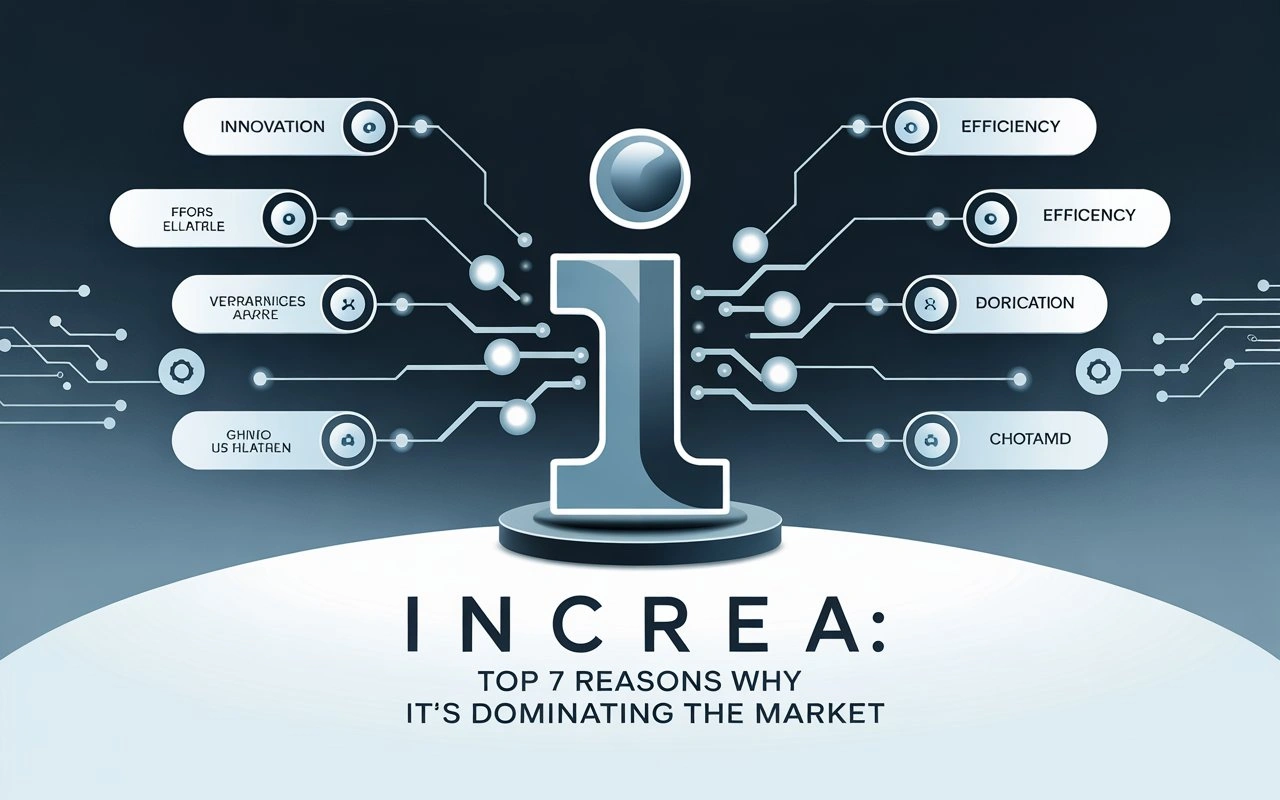Innovation and adaptability define the “White Collar Reboot,” a movement reshaping corporate culture and the professional landscape. As organizations evolve to meet new challenges, they focus on flexibility and inclusivity. This transformation reflects the need for a more sustainable, productive, and balanced work environment.
What is the White Collar Reboot?
The White Collar Reboot represents a pivotal shift in professional practices, emphasizing adaptability, technology, and employee well-being. This transformation aims to address workplace inefficiencies. It highlights the importance of innovation and modern tools in streamlining tasks and reducing redundant processes. The reboot isn’t just about change; it’s about evolution and progress.
Key Drivers Behind the Reboot
Technological Advancements
Technology plays a crucial role in this workplace revolution. Tools like AI and machine learning enhance productivity by automating tasks. These technologies free employees to focus on creative and strategic responsibilities.
Hybrid Work Models
The pandemic accelerated the adoption of hybrid work models. Remote work became mainstream, highlighting its efficiency and popularity among employees. Companies now focus on balancing flexibility with collaboration, fostering both innovation and teamwork.
Workforce Diversity and Inclusion
Organizations recognize the value of diverse perspectives and inclusive practices. This cultural shift enhances creativity and decision-making. The reboot embraces these principles to create dynamic and equitable workplaces.
How the Reboot Enhances Productivity
Streamlined Processes
The integration of innovative tools eliminates bottlenecks in daily operations. Employees enjoy streamlined workflows, which increase both efficiency and job satisfaction.
Focus on Employee Well-being
Workplace wellness programs promote physical and mental health. These initiatives result in happier, more engaged, and productive teams.
Skill Development and Upskilling
The reboot prioritizes continuous learning. Employees gain access to resources for developing skills, ensuring they remain competitive in evolving industries.
The Role of Leadership in the Reboot
Encouraging Transparency
Leaders play a critical role in the White Collar Reboot. Transparency builds trust, fostering open communication between management and employees.
Promoting Adaptability
Effective leaders encourage adaptability and innovation. They guide teams through change with clarity and vision, ensuring a smooth transition.
Fostering Collaboration
Collaborative work environments thrive under leaders who value teamwork. These leaders create spaces where ideas flourish and solutions emerge.
Challenges in Implementing the Reboot
Resistance to Change
Employees and organizations often resist new processes. Clear communication helps address this resistance, making transitions smoother.
Technology Integration Issues
Implementing new tools and systems can present challenges. Companies must invest in training and support for successful integration.
Maintaining Work-Life Balance
While hybrid models offer flexibility, they also blur work-life boundaries. Clear policies help maintain a healthy equilibrium.
Innovative Practices in the White Collar Reboot
Flexible Work Schedules
Companies now offer adaptable schedules that cater to employees’ diverse needs. This flexibility enhances job satisfaction and retention.
Digital Collaboration Platforms
Platforms like Slack and Zoom enable seamless communication. These tools foster collaboration among distributed teams, ensuring productivity remains high.
Data-Driven Decision Making
The use of analytics in decision-making ensures efficiency. Data insights guide strategies, improving operational outcomes across departments.
The Impact of the Reboot on Corporate Culture
Fostering Trust and Autonomy
The White Collar Reboot encourages trust between employees and management. Autonomy allows employees to take ownership of their roles.
Strengthening Team Cohesion
A collaborative environment nurtures stronger relationships among colleagues. This cohesion boosts morale and overall job satisfaction.
Championing Social Responsibility
Organizations embrace sustainable practices and social responsibility. These values align with employee and consumer expectations, enhancing brand reputation.
Success Stories of the White Collar Reboot
Tech Giants Leading the Way
Companies like Google and Microsoft exemplify the White Collar Reboot. Their innovative practices set benchmarks for modern workplaces.
Startups Adopting Agile Frameworks
Startups thrive by adopting agile practices that foster adaptability. These frameworks help them respond to market demands quickly.
Small Businesses Prioritizing Well-being
Small businesses embrace the reboot by focusing on employee wellness. These efforts enhance loyalty and attract top talent.
Adopting the Reboot in Your Organization
Assess Current Practices
Evaluate existing processes to identify inefficiencies. This analysis helps determine areas for improvement.
Invest in Employee Training
Upskilling ensures your workforce remains competitive. Provide resources and opportunities for continuous learning and development.
Encourage Open Dialogue
Create channels for employee feedback. Open dialogue fosters trust and identifies challenges early in the process.
The Future of the White Collar Reboot
The White Collar Reboot signifies an ongoing journey. Organizations must remain adaptable to thrive in evolving markets. The focus will increasingly shift to sustainability, technology, and inclusive practices. These elements form the foundation of a prosperous and balanced workplace.
FAQs
How does the White Collar Reboot impact employee productivity?
The reboot streamlines workflows, promotes well-being, and emphasizes skill development, resulting in increased productivity and engagement.
What role does technology play in the White Collar Reboot?
Technology automates tasks, enhances collaboration, and provides data-driven insights, driving innovation and efficiency across organizations.
How can leaders support the White Collar Reboot?
Leaders can foster transparency, adaptability, and collaboration. These efforts help teams navigate transitions smoothly and confidently.
What challenges do organizations face during the reboot?
Resistance to change, technology integration, and maintaining work-life balance are common challenges. Communication and training mitigate these issues.
Why is diversity important in the White Collar Reboot?
Diversity fosters creativity and innovation. Inclusive workplaces reflect societal values, enhancing both decision-making and corporate reputation.
What industries benefit most from the White Collar Reboot?
All industries benefit, but tech, healthcare, and education experience significant advantages through increased adaptability and efficiency.









